How can technologies, integrated planning and connected public transportation reshape the transport sector in the context of climate change? In Brazil, the sector is inefficient and faces numerous challenges to build a sustainable mobility system.
This report highlights the main conclusions of the debate organized by CEBRI's Energy Program, with the support of the Consulate of the Netherlands in Rio de Janeiro. These conclusions are structured on two pillars: (i) impacts of climate change and the role of new technologies in human mobility and (ii) mobility systems - aiming at efficiency and sustainability” - with a focus on different transport alternatives, such as individual, public and air transportation systems.
How can technologies, integrated planning and connected public transportation reshape the transport sector in the context of climate change? In Brazil, the sector is inefficient and faces numerous challenges to build a sustainable mobility system.
This report highlights the main conclusions of the debate organized by CEBRI's Energy Program, with the support of the Consulate of the Netherlands in Rio de Janeiro. These conclusions are structured on two pillars: (i) impacts of climate change and the role of new technologies in human mobility and (ii) mobility systems - aiming at efficiency and sustainability” - with a focus on different transport alternatives, such as individual, public and air transportation systems.
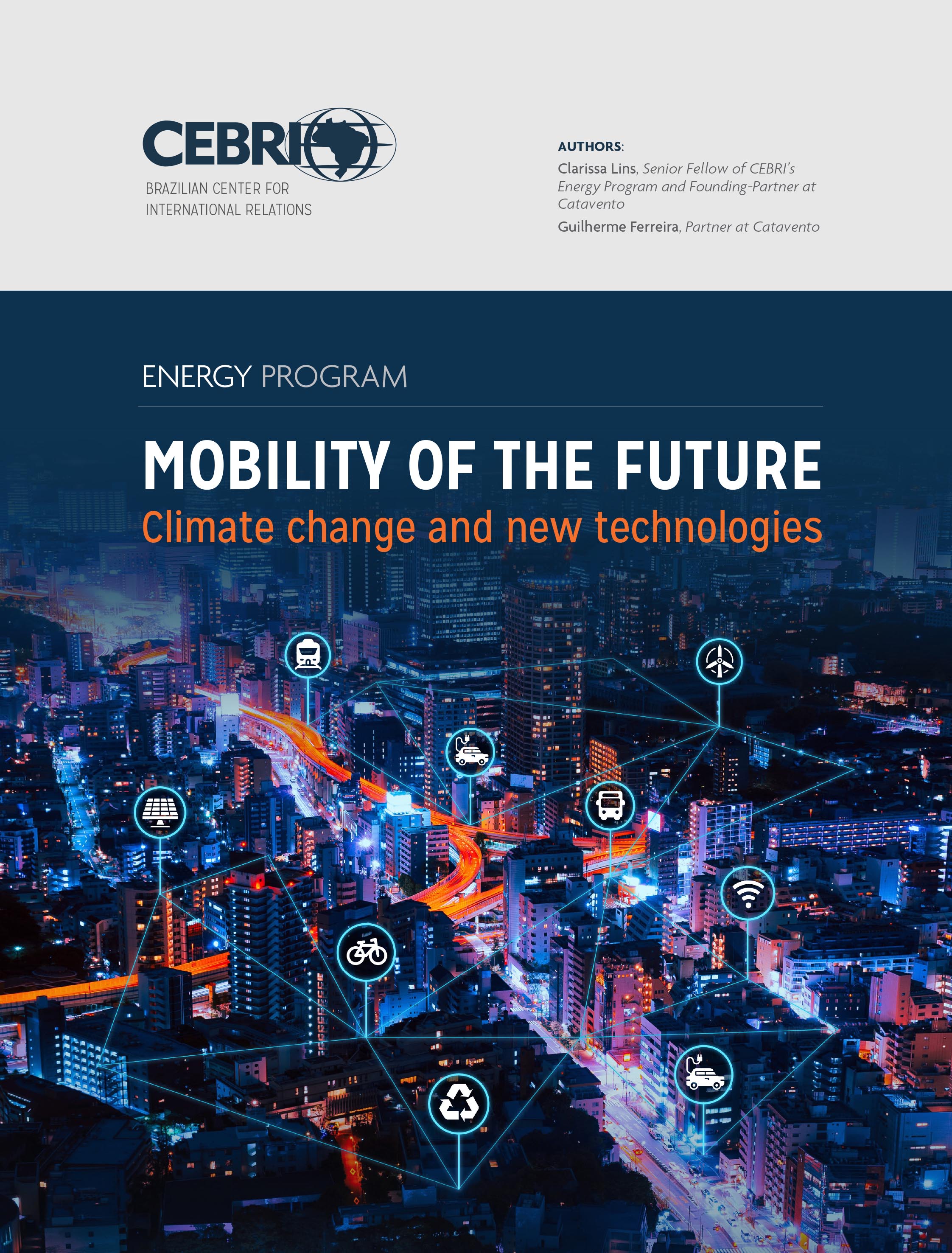



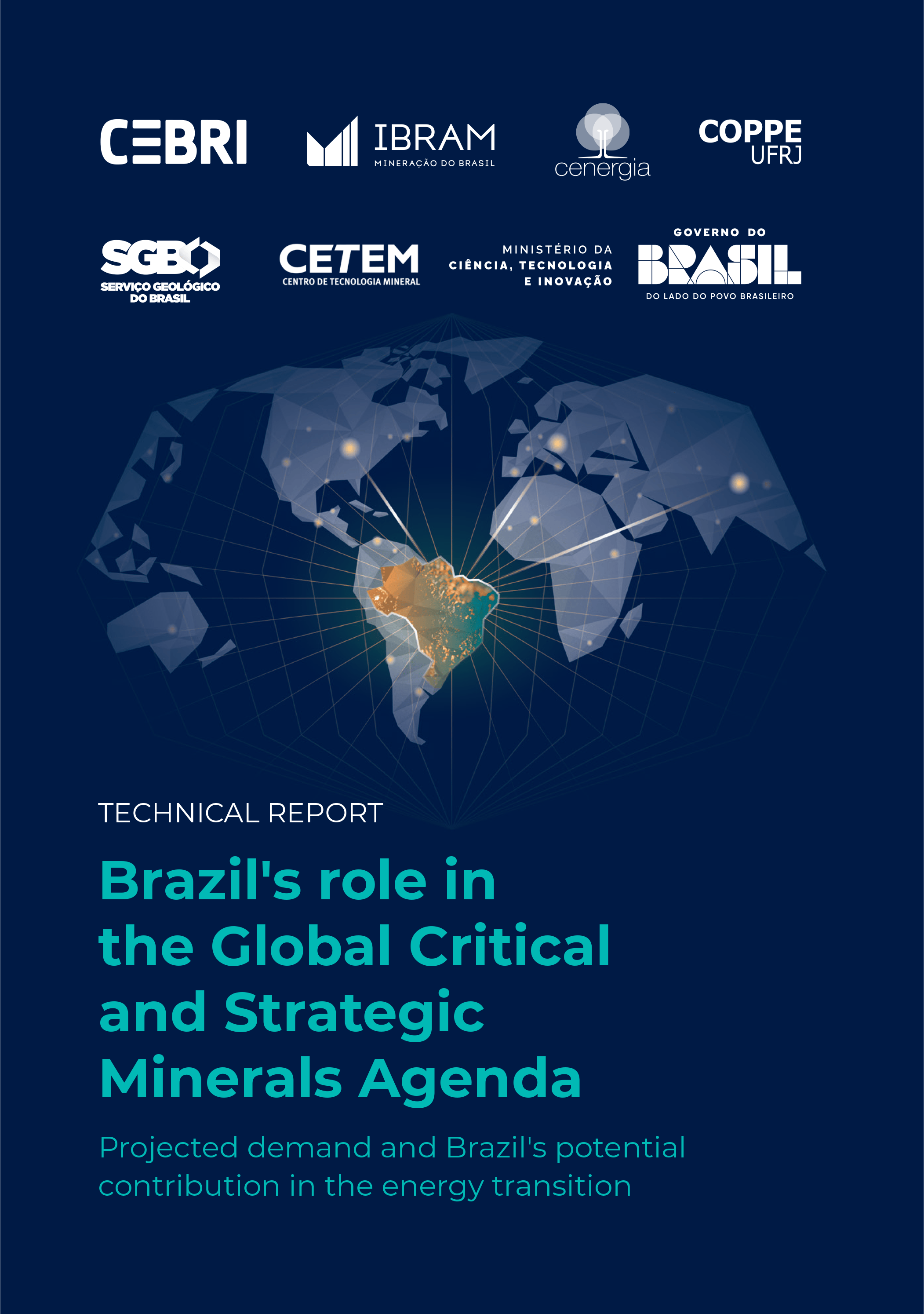
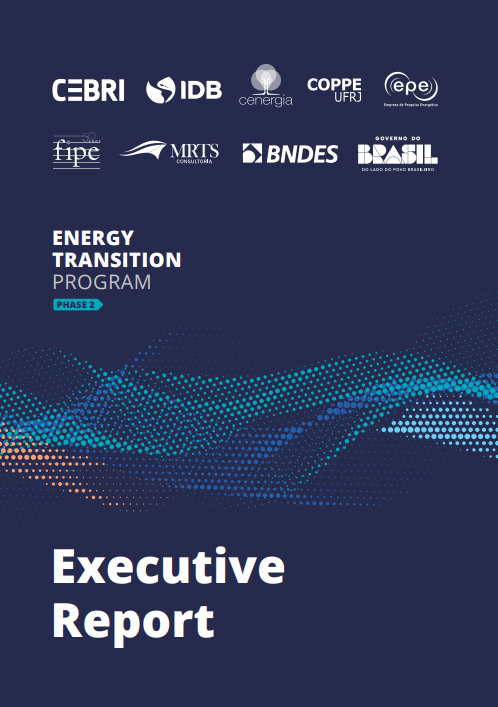
68a7084b9e103.jpg)
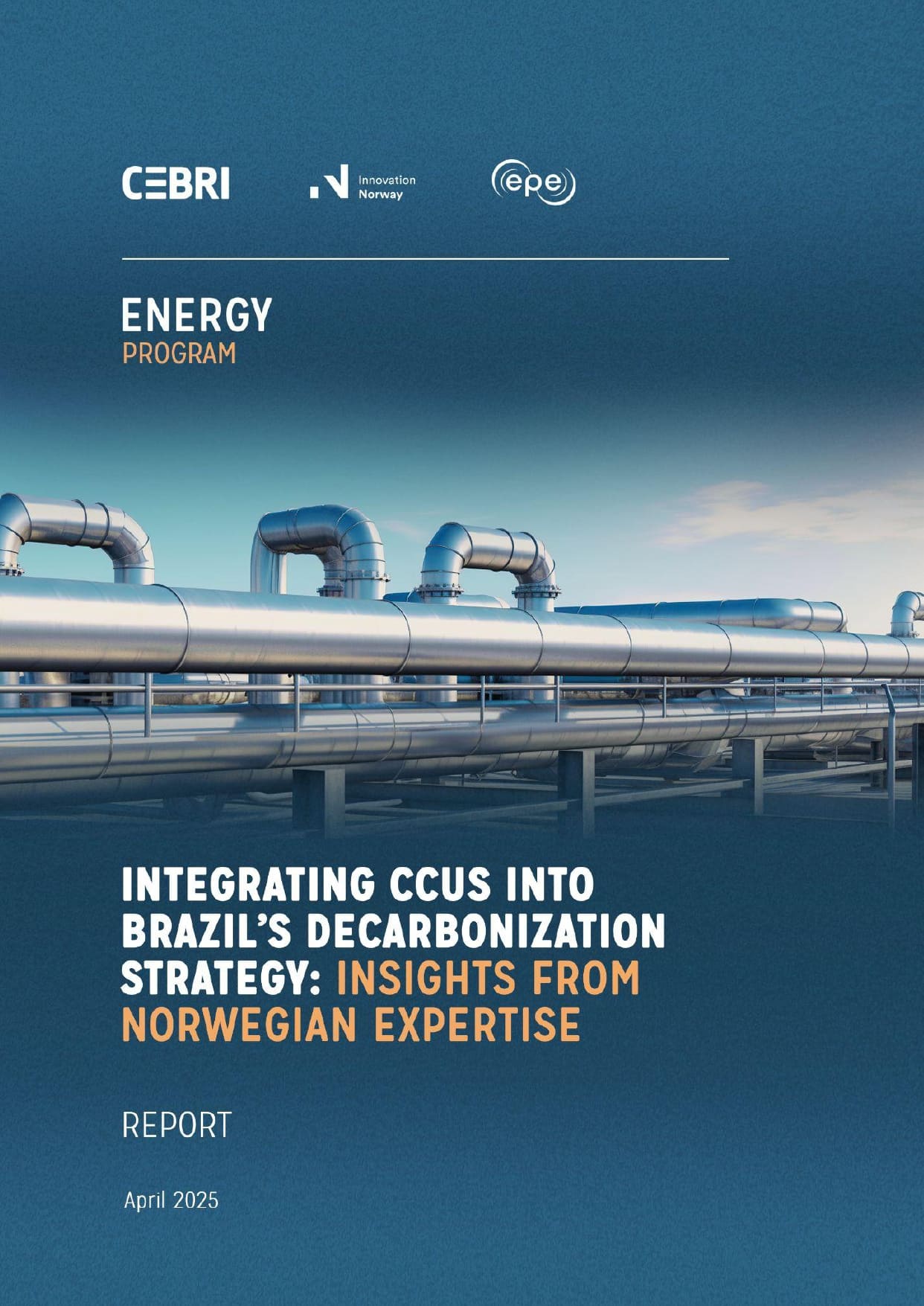
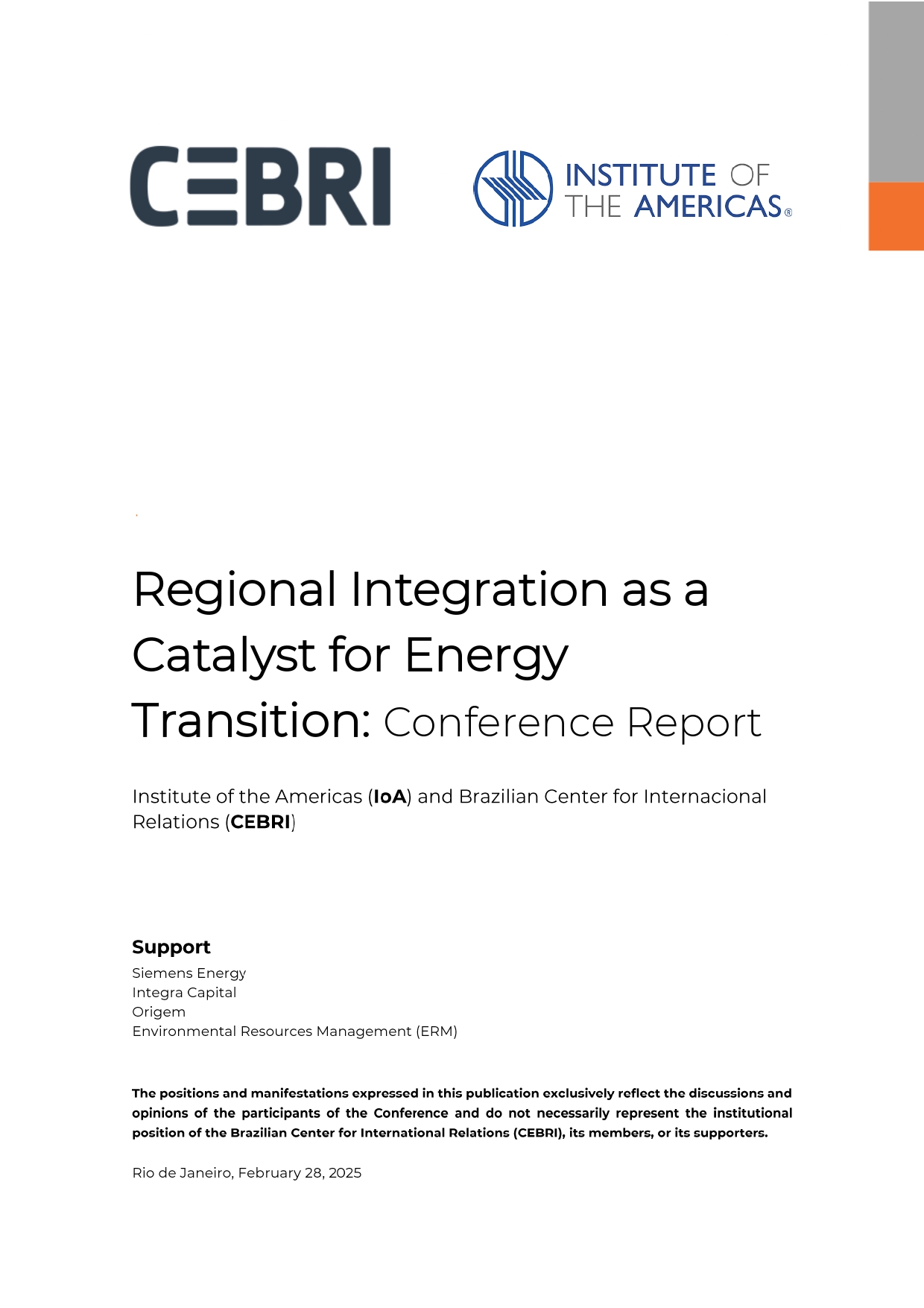
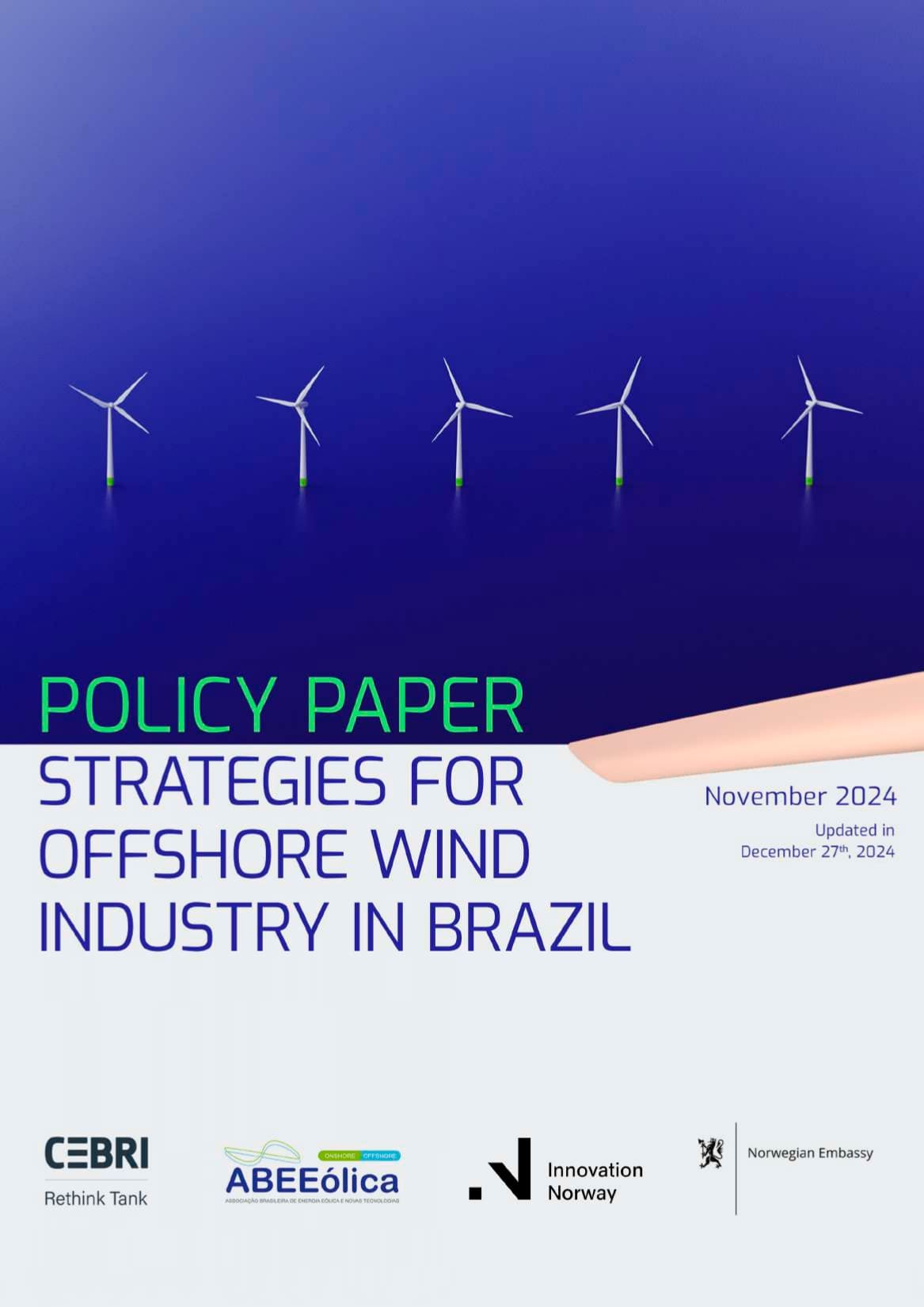
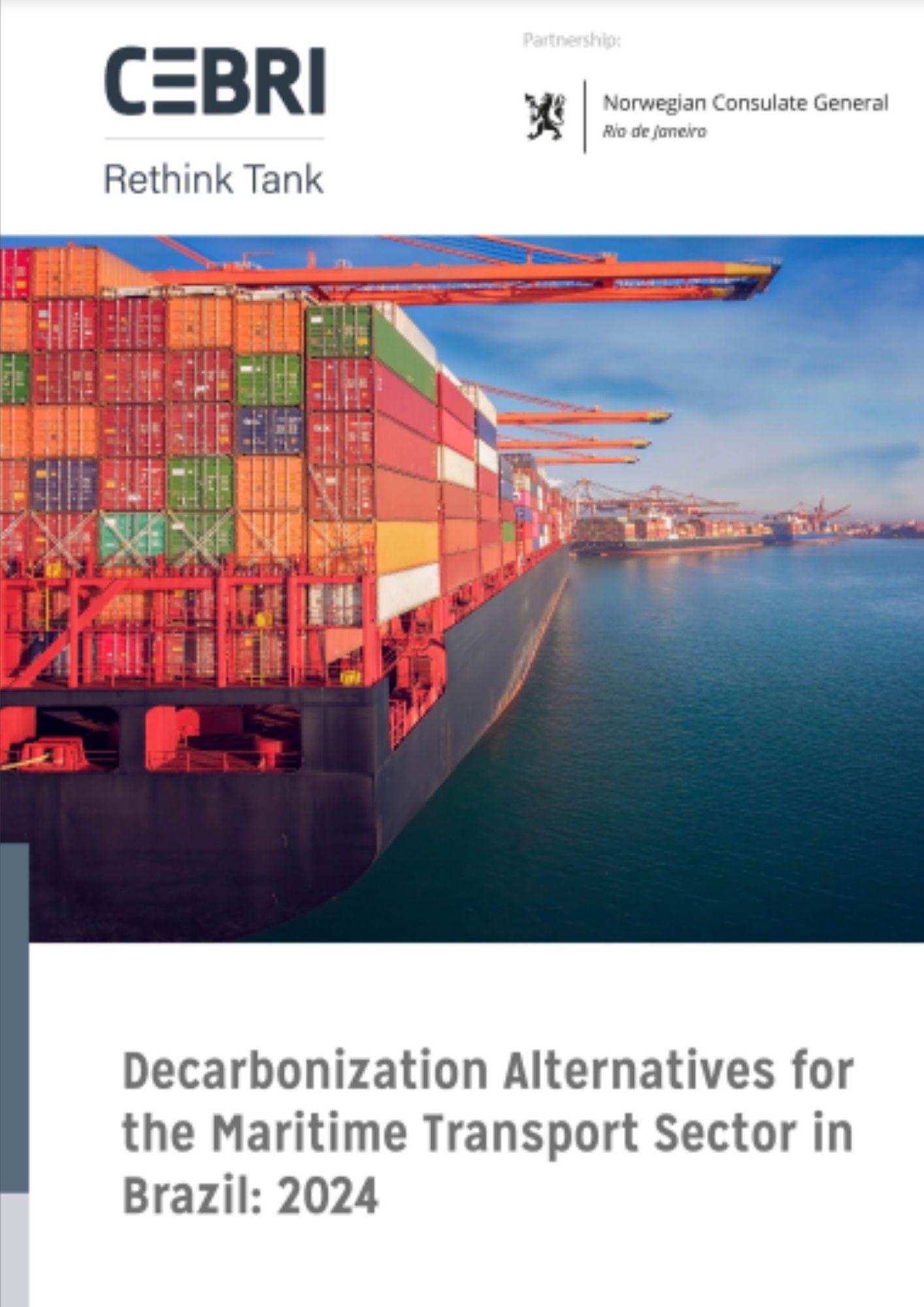
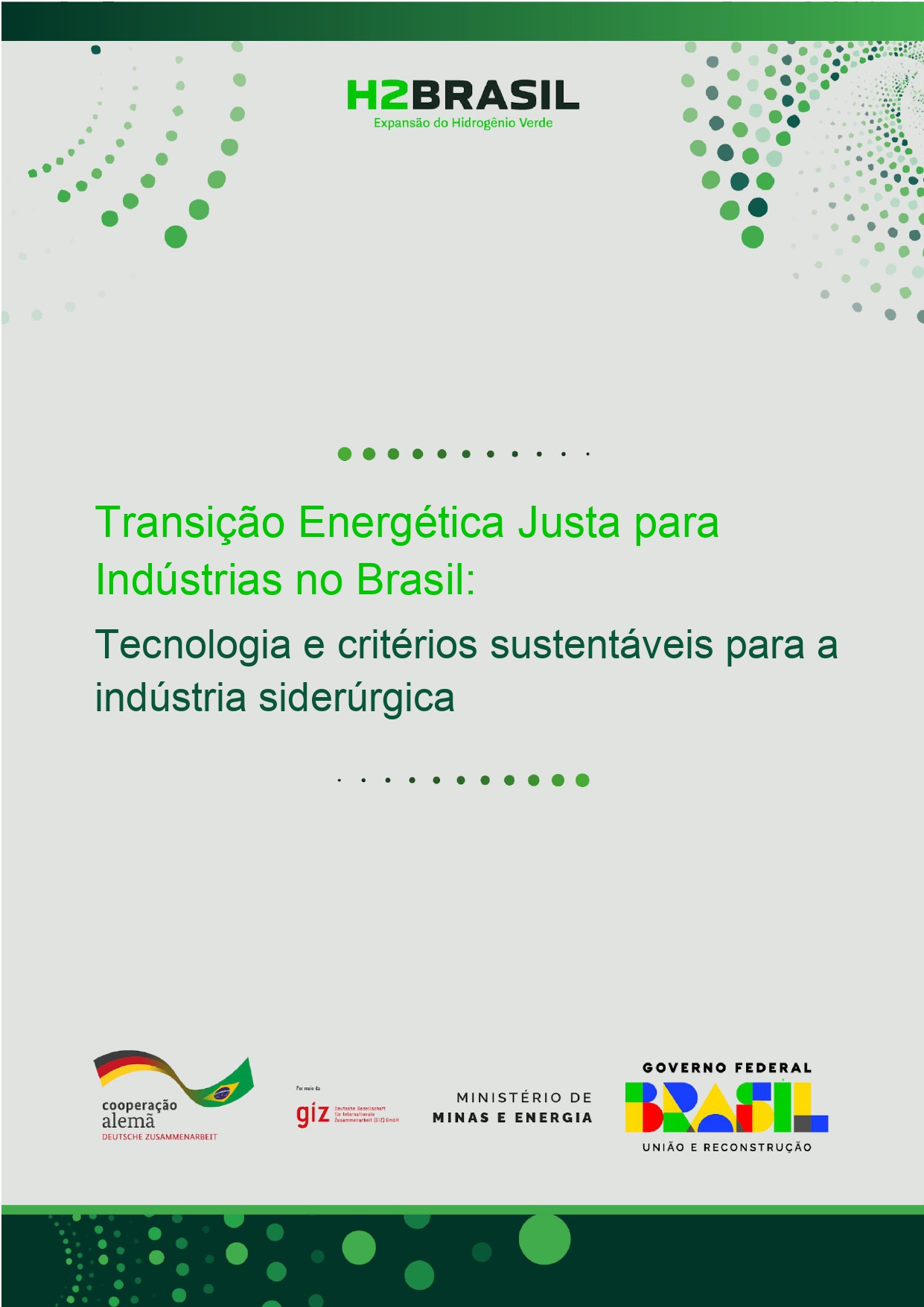

_(1)66f2c5a3aff01.png)
666b555faa3ff.png)
666b553310fe3.png)